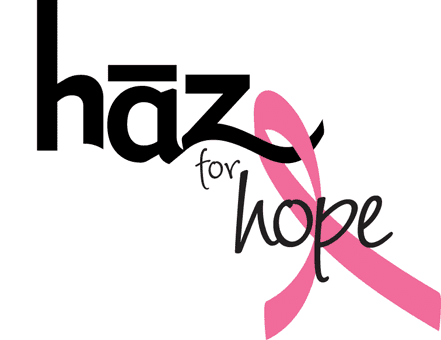
|
LEUKEMIA
Leukemia is a blood cancer caused by a rise in the number of white blood cells in your body.
Blood has three types of cells: white blood cells that fight infection, red blood cells that carry oxygen, and platelets that help blood clot.
Every day, your bone marrow makes billions of new blood cells, and most of them are red cells. When you have leukemia, your body makes more white cells than it needs.
Those white blood cells crowd out the red blood cells and platelets that your body needs to be healthy. The extra white blood cells don’t work right.
These leukemia cells can’t fight infection the way normal white blood cells do. And because there are so many of them, they start to affect the way your organs work. Over time, you may not have enough red blood cells to supply oxygen, enough platelets to clot your blood, or enough normal white blood cells to fight infection.
Source of definitions: www.webmd.com
Every three minutes, someone is diagnosed with blood cancer; more than 175,000 new cases are expected this year in the United States. Blood cancers account for approximately 10 percent of all new cancer cases diagnosed, and an estimated 68,000 deaths will result from blood cancer this year.
Leukemia is diagnosed 10 times more often in adults than children.
60,300 people are expected to be diagnosed with leukemia this year.
Over 382,000 people are living with leukemia, or are in remission.
Every day 170 Americans are diagnosed with leukemia
Source of information: www.allbloodcancers.org
